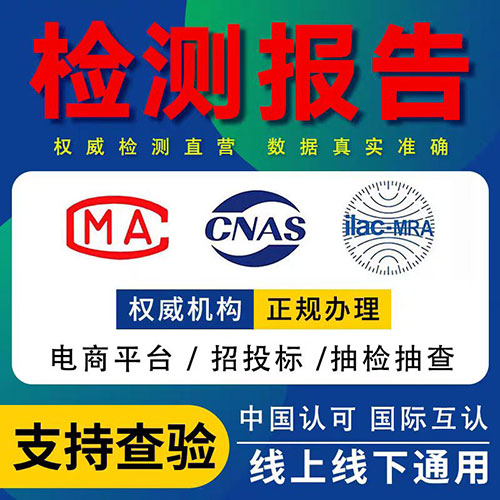欧盟rohs的英语怎么说
Introduction
The restriction of hazardous substances (RoHS) is a European Union directive that was enacted in 2003. The legislation aims to promote the use of materials that are safer to the environment and the health of individuals. The directive restricts the use of specific hazardous substances in the manufacture of electrical and electronic equipment (EEE) and other products that are sold in the EU. This article discusses RoHS in detail and its impact on businesses operating in the EU.
What is RoHS?
RoHS is a legislation that restricts the use of certain hazardous substances in EEE. The directive was implemented in 2003 and has undergone several reviews. The directive aims to reduce the impact of hazardous substances on the environment and human health. The directive restricts the use of six hazardous substances in EEE, including lead, mercury, cadmium, hexavalent chromium, polybrominated biphenyls (PBB), and polybrominated diphenyl ethers (PBDE).
RoHS Compliance
The RoHS directive is mandatory for all EEE manufacturers who want to sell their products in the EU. Manufacturers must adhere to the requirements listed in the directive, which includes submitting a declaration of conformity (DoC) for each product they sell in the EU. The DoC indicates that the product complies with the RoHS directive and the specific substance restriction levels.
Benefits of RoHS Compliance
There are several benefits to RoHS compliance. The directive promotes the use of safer materials in the manufacture of EEE. This benefits the environment and human health in the long term. RoHS compliance also increases a company's credibility and reputation. Companies that comply with the directive can attract environmentally conscious customers. The directive also requires the use of better product identification and better documentation of the production process.
RoHS Enforcement
RoHS compliance is enforced by authorities in EU member states. The authorities have the power to test products to ensure they comply with the directive. Companies that do not comply with the legislation can face severe consequences such as fines and even imprisonment. Non-compliant products can be recalled or banned from the EU market. Therefore, it is important for companies to ensure they comply with the RoHS directive to avoid penalties.
RoHS and Circular Economy
The RoHS directive contributes towards achieving a circular economy. The directive promotes the use of materials that can be reused and recycled rather than using hazardous substances. This contributes to the creation of sustainable and environmentally friendly products. The directive also promotes the development of innovative technologies that use non-hazardous substances.
Conclusion
The RoHS directive is an essential piece of legislation that promotes the use of environmentally friendly materials in the manufacture of EEE. The directive benefits both the environment and human health. Companies operating in the EU must ensure they comply with the RoHS directive to avoid penalties. Compliance can also benefit a company's reputation and contribute to the creation of sustainable products.

 专属客服微信
专属客服微信
 185-2658-5246
185-2658-5246 有样品要送检?试试一键送检,15分钟极速响应
有样品要送检?试试一键送检,15分钟极速响应



